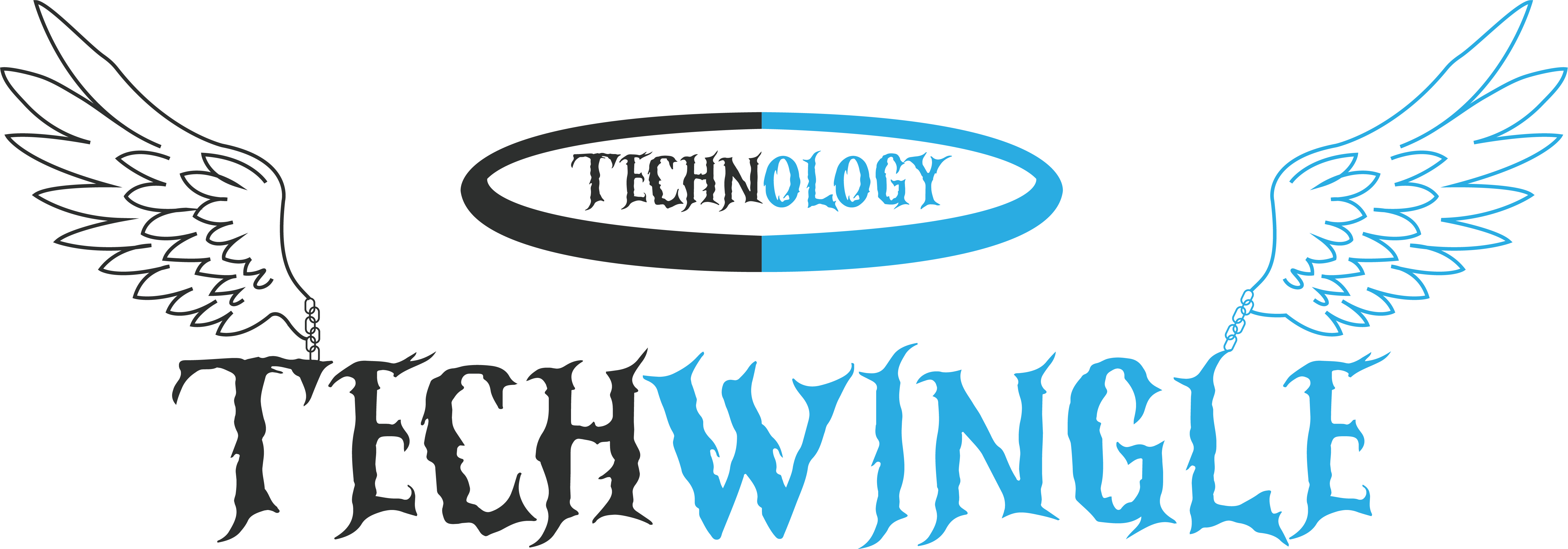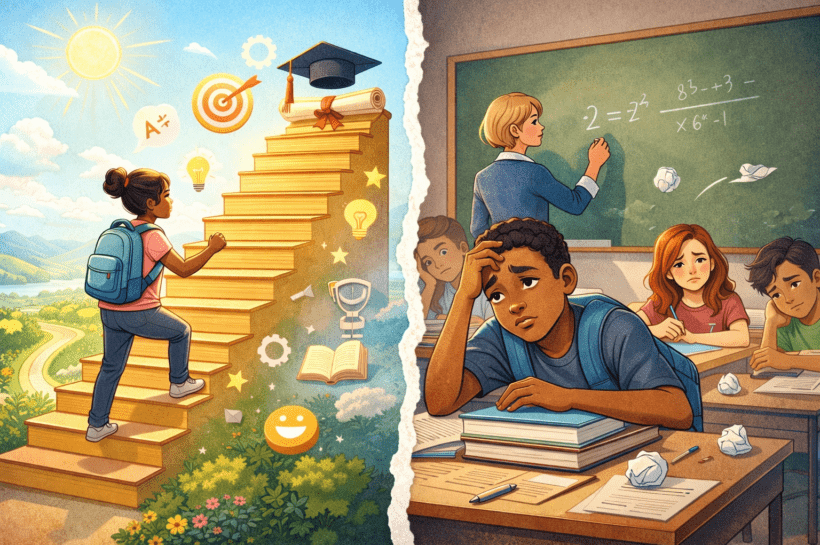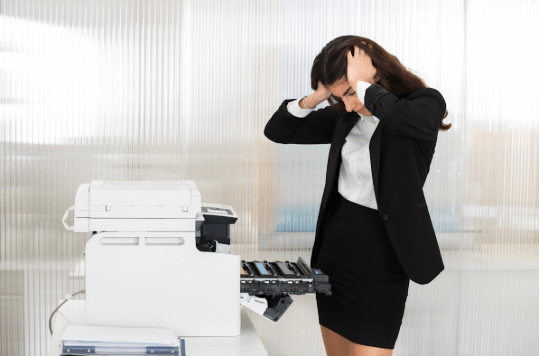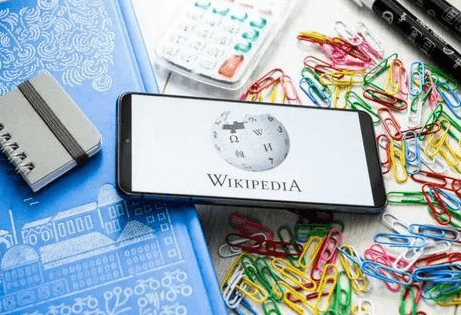India’s biggest news outlets formed a joint effort to sue OpenAI to protect their copyright work and the future of AI technology. The news organizations say OpenAI trained its AI system with content they own without proper permits. The court case filed in India against OpenAI shows that people worldwide worry about how AI systems get and use intellectual property rights. They may start other such cases across nations.
The Case Against OpenAI
Asian News International started suing OpenAI in November 2023 for copyright infringement. ANI and these major Indian media organizations joined forces to sue OpenAI because they say the company took their website content for ChatGPT training without approval or payment. The media group demands 20 million rupees ($230,000 plus £185,000) because they say OpenAI takes their content without permission and breaks copyright rules.
OpenAI rejects the charges that its platform misuses media content. Media reports show that as a legal basis, the company trains its AI models with public online information citing standard industry practices. ChatGPT operates through openly available online content and the AI system never downloads news site articles directly for use. Despite what OpenAI states its systems do not take property from media sources because the content they use goes into training only. More with BBC/News
Many media outlets think about new ways to protect their content ownership as they examine ChatGPT’s case. The main disagreement between AI companies and content creators exists because OpenAI and others take data from different areas to develop AI without receiving proper consent or payment.
The Growing Influence of ChatGPT in India
India stands out as one of the largest global internet markets where OpenAI actively markets ChatGPT. Research reveals that ChatGPT holds the highest user count in India with millions of people selecting and using this AI tool across different industries including education entertainment business and research. The bot delivers exceptional language services and provides natural responses to many user inquiries which makes it a primary tool for India-based users.
This legal action gains special importance given that India leads in ChatGPT usage while OpenAI seeks substantial expansion in this region. The legal problems OpenAI faces with content use may limit its success in establishing its operations in India despite the country’s potential as a leading AI innovator for future decades. If the court decides against OpenAI it will reshape both AI model creation standards worldwide plus company behavior when working with copyright materials.
AI and Copyright: An Evolving Landscape
AI companies worldwide experience more legal inspections about their training procedures as the India case represents one part of this global movement. The AI system ChatGPT requires up-to-date knowledge which it absorbs from various database sources such as news media, educational websites, published literature, etc. The AI gains knowledge from all types of data but companies face challenges when determining rights over the text the bot produces.
The core problem with AI stems from what AI systems learn when processing the data provided to them. The system differs from regular search engines because it uses vast amounts of content for training instead of reacting to direct user inquiries. Content creators from news outlets have disagreements with AI organizations about whether they should get payment for the use of their published work.
ANI filed suit against OpenAI because ChatGPT allegedly uses their copyrighted news texts and outputs responses that repeat the published material too closely. OpenAI rejects these media claims as untrue but the reports have valid reasons to worry. Newspaper companies have made money from both paid subscriptions and advertisers along with selling content licenses since the beginning. Using their material without proper licensing harms their existing business methods.
Current copyright difficulties become evident through this particular case. The invention of AI created a new challenge because traditional copyright laws exist to protect human creators of original work. Lawmakers have not yet established rules about content usage in AI programs plus they have not decided what compensation should go to original content creators.
The Potential Impact on AI and Content Licensing
When the court decides first for ANI and other plaintiffs it will encourage numerous follow-up legal actions from press companies and creators of content. A court decision in this matter would lead to new business terms between AI technology providers and owners of copyrighted content. Created companies have established partnerships with news organizations to obtain necessary licensing agreements needed for AI training purposes.
When OpenAI wins this case its success would let AI companies legally use free accessible data for training instruments. Allowing smaller AI companies to enter the market this decision helps AI development move faster but content creators need new ways to defend their trademark rights.
Vibhav Mithal an artificial intelligence law expert at Indian firm Anand and Anand highlights that the ANI lawsuit results will affect AI industries worldwide. The ruling would serve as a strong model for other global cases from different jurisdictions. The judgment on this lawsuit will determine future AI model operations and limitations of copyrighted news for training purposes.
The Broader Debate: Innovation vs. Copyright
OpenAI and Indian media organizations face off more than who owns content material—they help ask what place AI should play in social structures. Artificial Intelligence technology will change how each industry operates in every country worldwide including health care delivery and learning systems. The quick pace of AI technology creation requires us to discuss both ethical and legal matters at hand.
Advocates of AI think its systems will create major value for economies while making operations better and helping us solve many global problems. They explain that AI technologies enable equal distribution of knowledge and better choices while opening fresh paths for progress. People who analyze this topic say AI systems threaten personal privacy when poorly supervised and also generate biased results while using text without real owners’ permission.
The legal proceeding with OpenAI affects AI development and establishes important guidelines between innovation protection and intellectual property. The system needs agreed rules to unite those who create original content with those who make artificial intelligence systems.
Conclusion: A Defining Moment for AI and Copyright Law
By using OpenAI, media firms from India start an important discussion between artificial intelligence and copyright law. India’s major news companies pushing OpenAI to deal with content rights sets important rules for global AI creation. BBC/News
The legal battle between OpenAI and the plaintiffs will reshape copyright standards for artificial intelligence throughout its entire existence. This decision will establish basic rules about AI companies working with content creators as new AI technology regulations take form across multiple industries. As AI rules society people will rely on these cases to understand how AI technologies shape content creator rights and AI invention limits. Read More News












Excellent items from you, man. I have remember your stuff prior to and you are simply extremely wonderful. I really like what you have acquired right here, really like what you are stating and the best way through which you say it. You make it enjoyable and you still take care of to keep it smart. I can not wait to learn much more from you. This is really a terrific web site.